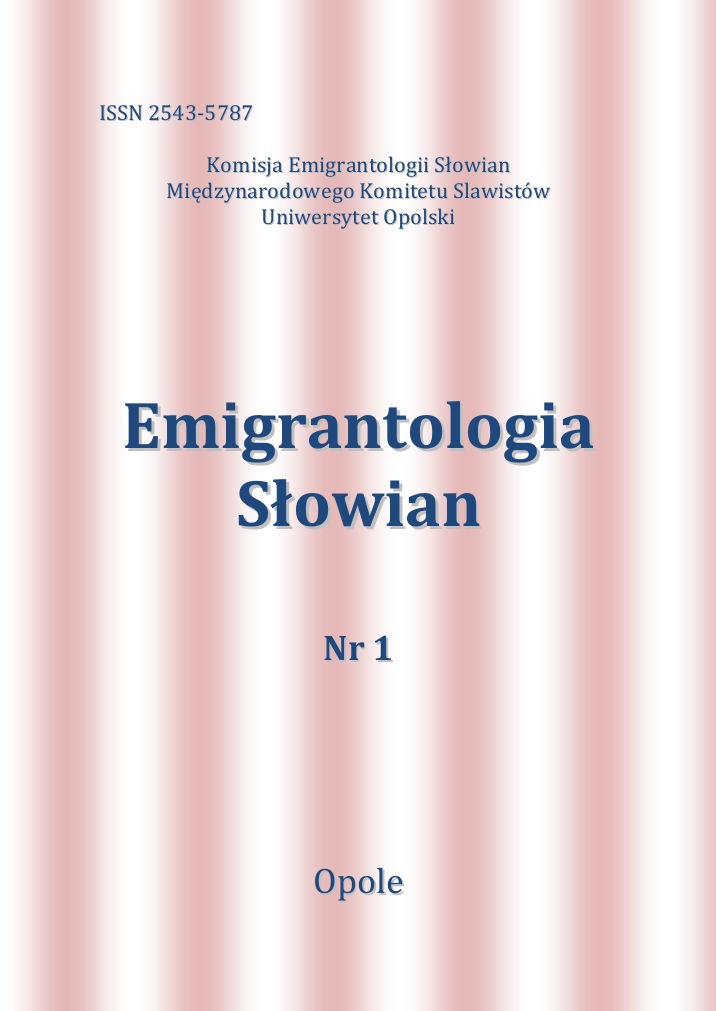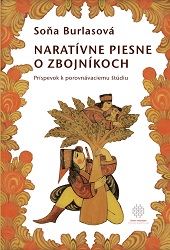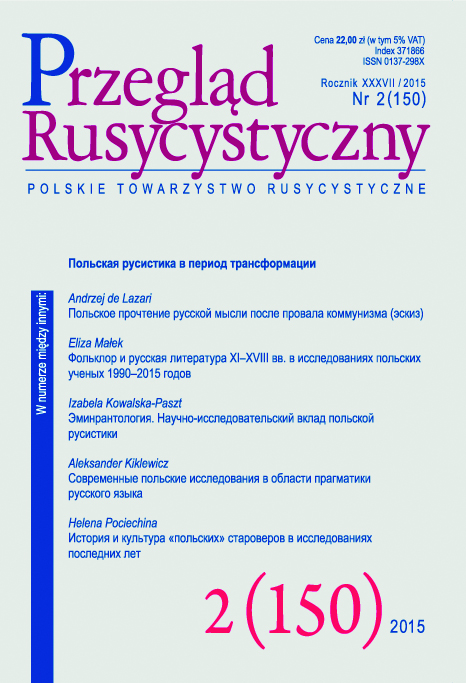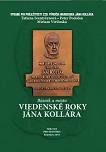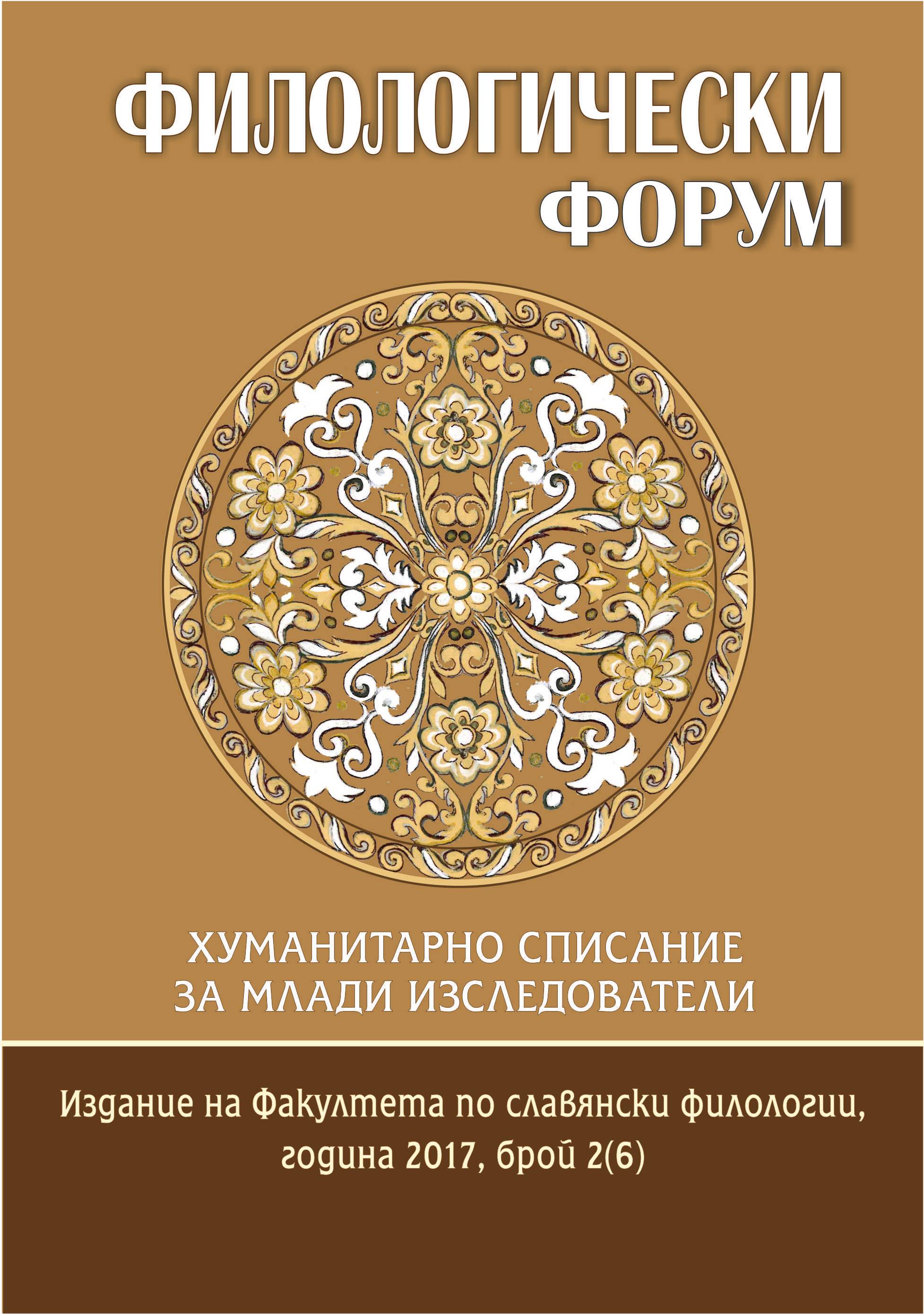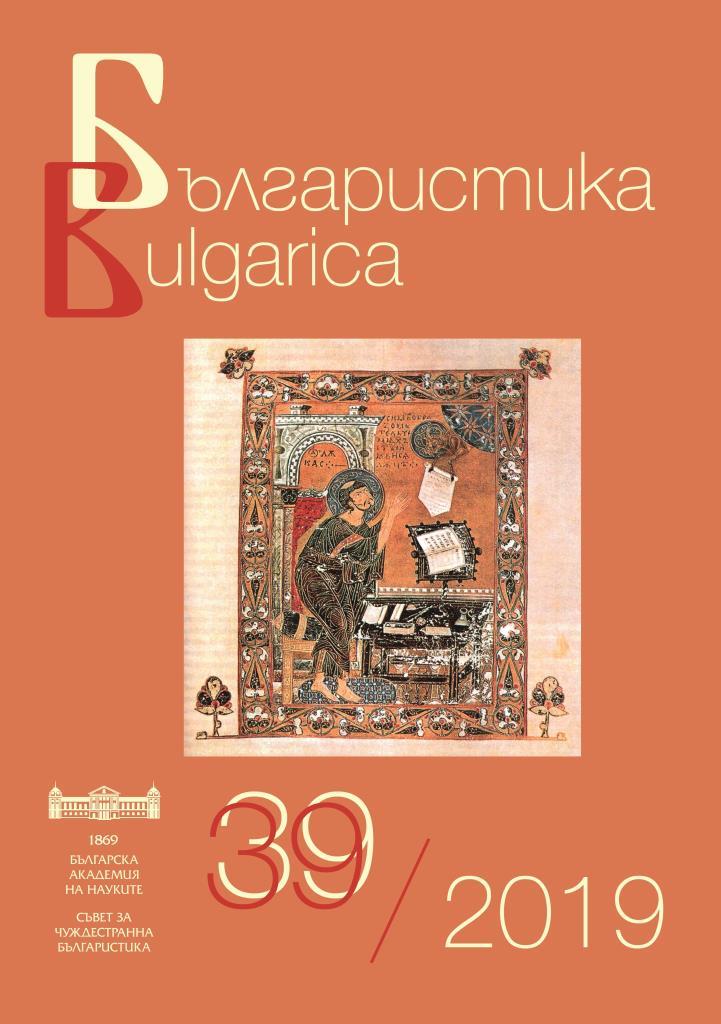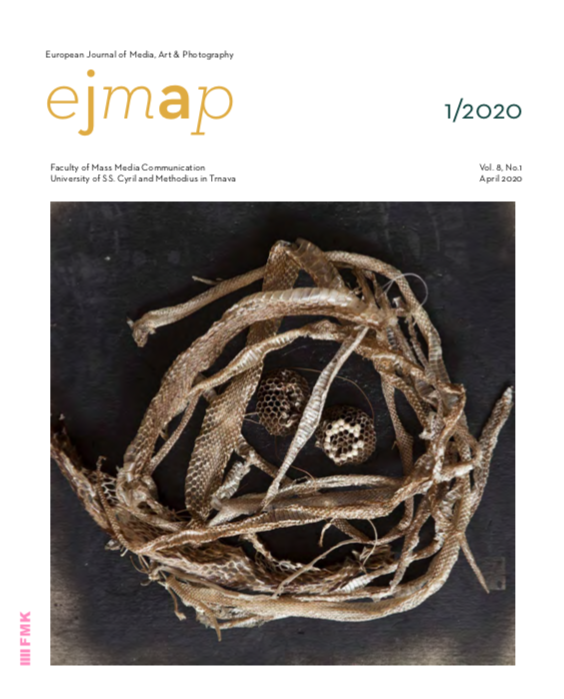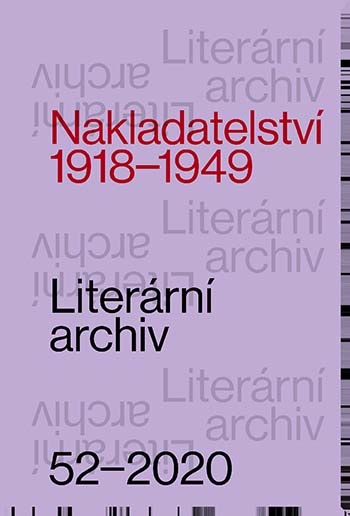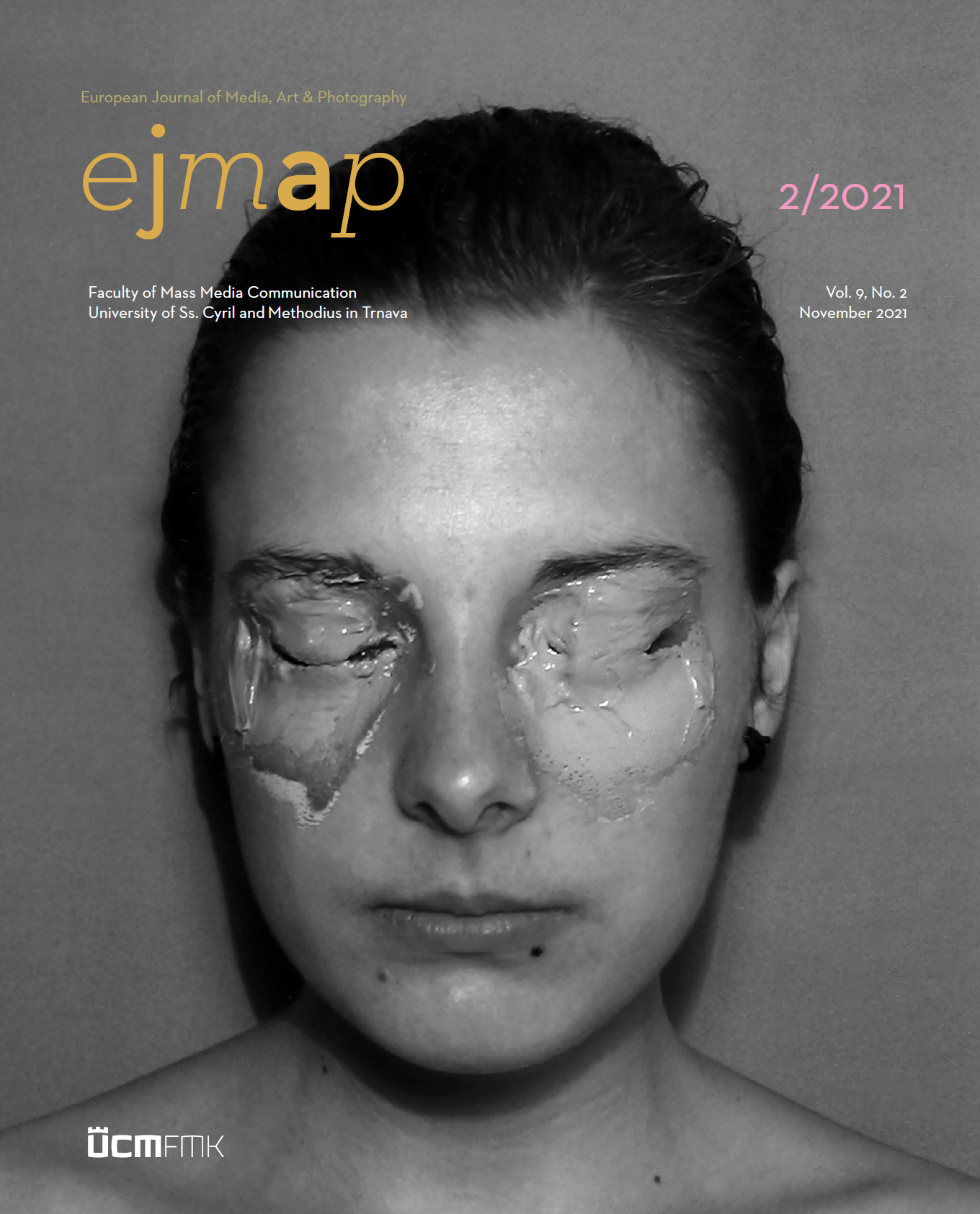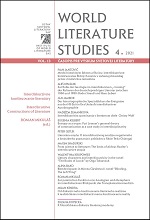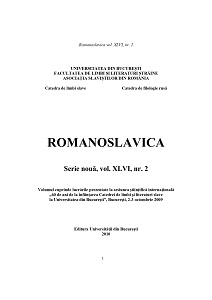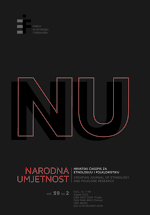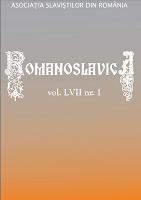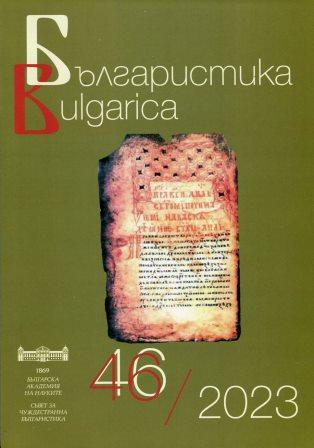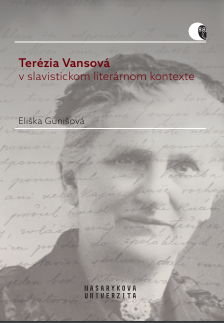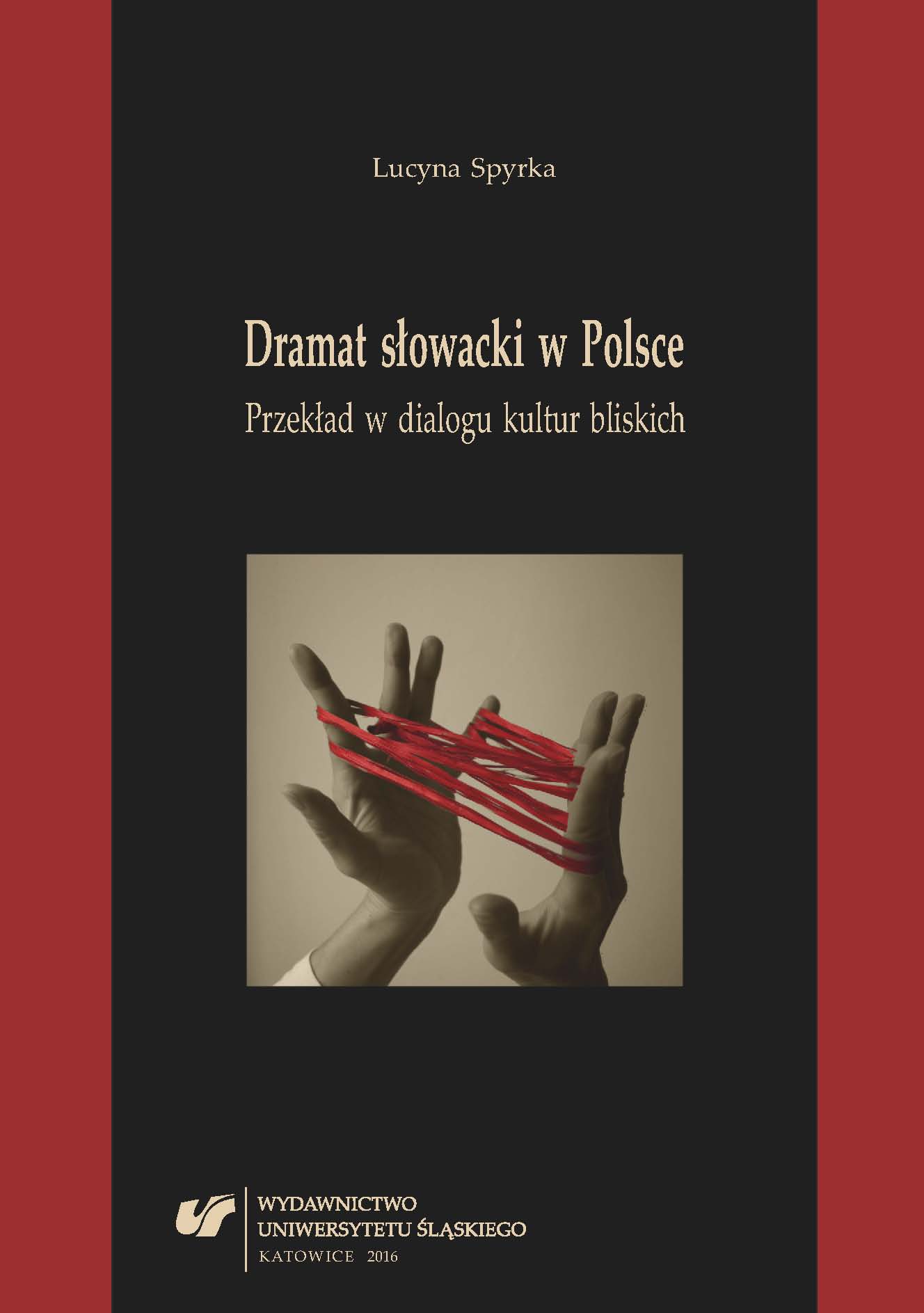
Dramat słowacki w Polsce. Przekład w dialogu kultur bliskich
The book is devoted to the Polish translations of Slovak dramatic works in the context of the dialogue between both cultures. In the first part of the work an attempt is made at formulating a definition and arranging concepts, beginning from the concept of the dialogue between cultures, translation, the competence of the recipients and the translator proceeding through a discussion of the determinants of cultural proximity and the factors which specify the contribution of translation in the intercultural dialogue, including its functions and value. There is an outline of the contacts between Polish and Slovak cultures, with reference to the contribution of translations of Slovak literature into Polish. // The second part of the book contain a discussion of the particular translations of Slovak dramatic works and their reception, which is preceded by an outline of the development of Slovak drama as well as the discussion of the theoretical concepts of translating dramatic works and their possible participation in the dialogue between cultures. An attempt was made at determining the contribution of these works in the Polish-Slovak dialogue of cultures in reference to each work that was discussed and to indicate the reasons of the particular state of affairs in the case of a given translation. Reference has also been made to the information about the authors of the particular translations. // We may distinguish three periods in the history of the presence of Slovak playwriting output in Polish culture: the pre-war years, the post-war years and the period after the Velvet Revolution. Each of these periods has a peculiar nature of its own, determined above all by the historical context in which the cultural contacts between both peoples developed. // In the inter-war period Slovak dramatic works were not staged in Polish theatres, and only one work was published in print — a one-act play by Jozef Gregor Tajovský entitled “Matka” [“Mother”]. // Another phase of the Polish-Slovak dialogue of cultures begins in the years that followed the Second World War. Both the Polish literature as well as the Slovak literature was subordinated to the standards determined by the third, Soviet culture. The intercultural contacts were ideologised and politicised. Therefore the notion of a dialogue of cultures hardly applies here. In this context we may mention the translations of the following dramatic works: “Experiment Damokles” [“The Damocles Experiment”] by Peter Karvaš and “Kráľovná noci v kamennom mori” [“The Queen of the Night in the Stone Desert”] by Ján Solovič. // The text of the translation may assume various positions in the new cultural context: it may be domesticated, being subject to acculturation or on the contrary — it may become a rejected or even alienated translation. The last chapter of the book is devoted to problems of this kind. Among the Polish translations of Slovak dramatic works there were none that would be domesticated in our culture. Slovak drama participates in the Polish-Slovak intercultural communication but it struggles to participate in the dialogue between both cultures.
More...
